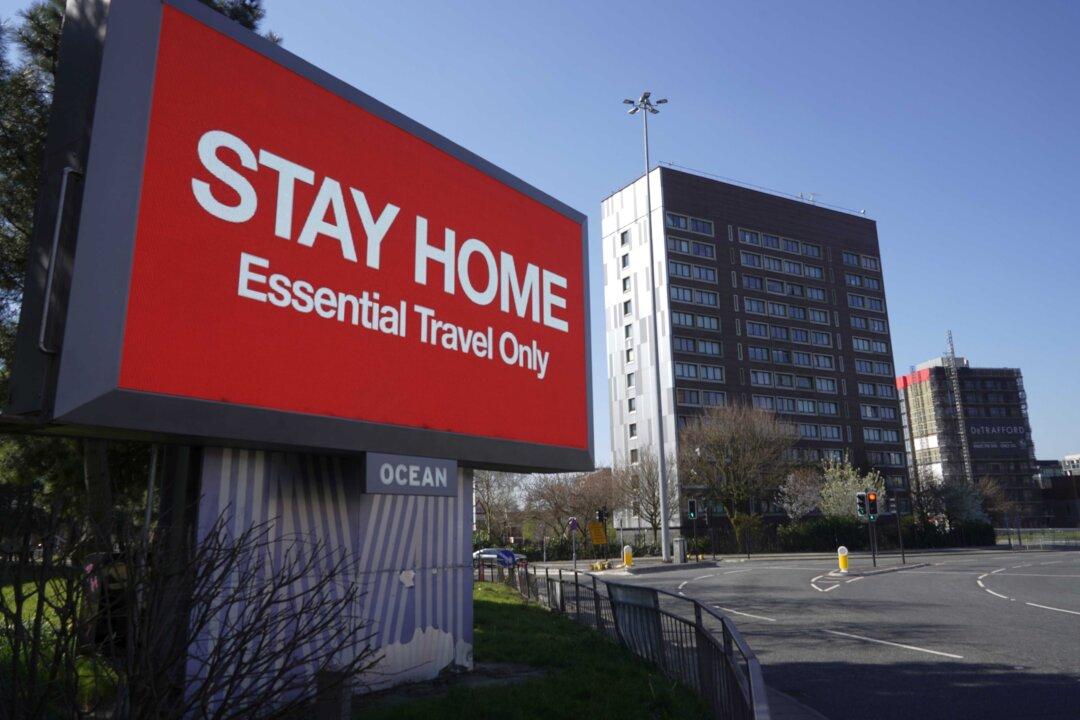The British public is “visibly angry” over politicians breaking COVID-19 restrictions but facing few or no consequences, a survey by the UK’s anti-corruption watchdog has found.
A survey of 1,590 people conducted on behalf of the Committee on Standards in Public Life (CSPL) revealed that the CCP (Chinese Communist Party) virus pandemic has exposed poor behaviour by politicians and has eroded public trust that members of Parliament can behave ethically.





